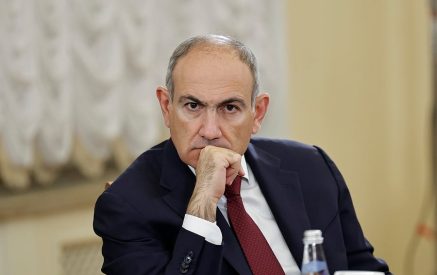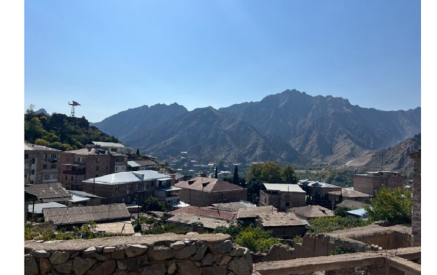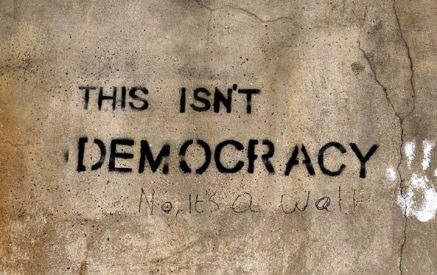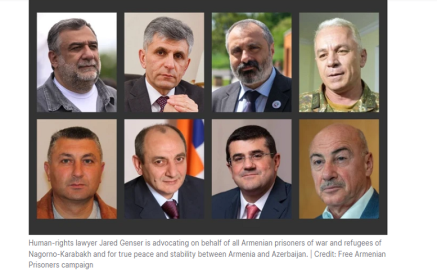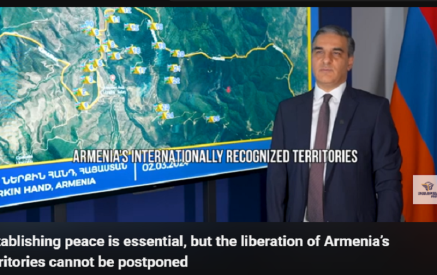Although I don’t have particularly warm feelings for the second President of Armenia, and although the material about “revelations” allegedly linked with him has appeared in our newspaper, I don’t see any reason for being excited. A representative of one of the Russian NGOs says that they have some material about the abuses of our current and former officials, and as if Robert Kocharyan is also among those officials. Firstly, I would like it very much, if our, Armenian, justice system dealt with our current and former officials. Secondly, the accusations are so vague that it is too early to make far-reaching analyses, let alone geopolitical generalizations.
I always try to warn people that one shouldn’t be excited before time and too much; afterwards, when something goes wrong – and usually the 100% result is unreachable – people give way to disappointment. When, for example, “former” oppositionists would say that there would be a “hot summer” or a “hot winter,” or when they predicted that the next rally would be a “turning” one, they did harm both to their movement and to those people who believed them; when the summer or the winter wasn’t hot, or when the rally wasn’t turning, those people felt roughly like all of us after the latest soccer match between Armenia and the Czech Republic. On the contrary, no matter how “uninteresting” it may sound in terms of propaganda, the vicious system, in which we live, may change only thanks to long-lasting efforts, and those efforts should be made not only on the streets.
Now when Raffi Hovhannisyan and his supporters say that this will happen or that will happen on April 9, they don’t take into account the fact that if nothing happens – which is very probable – on April 10 or 11, people will not come with the same excitement, and it won’t be possible anymore to “entertain” them with a protest similar to hunger strike. Yesterday www.tert.am published information, according to which Gallup had conducted a public opinion poll in the former Soviet republics to find out what percentage of the population in 12 countries (former 15 excluding the Baltic States) is inclined to leave its country for good. The highest rate is among the residents of Armenia – 40 percent. (Let’s believe Gallup this time.) Certainly, the reasons are well-known; basically, the government, which most probably has no adequate conception of the real situation in the country and is unaware of people’s needs, is to blame for such intentions. However, let us also admit that Armenia is not the poorest, the most authoritarian, the most corrupted, and the most unfair among the above-mentioned 12 countries. Armenia is not the most failed state among all the failed states. Even the atmosphere in our country is not the worst. Then what is one of the probable reasons? Certainly, it needs serious research, but I assume that one of our problems is that we, the Armenians, get excited too easily and get disappointed as easily.
ARAM ABRAHAMYAN

















